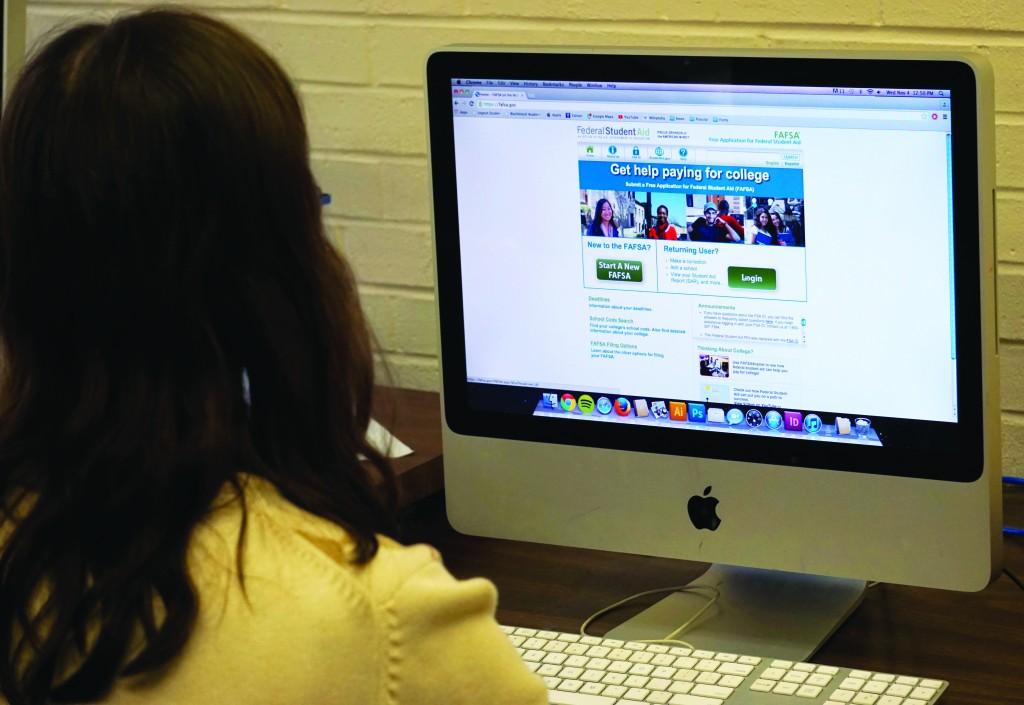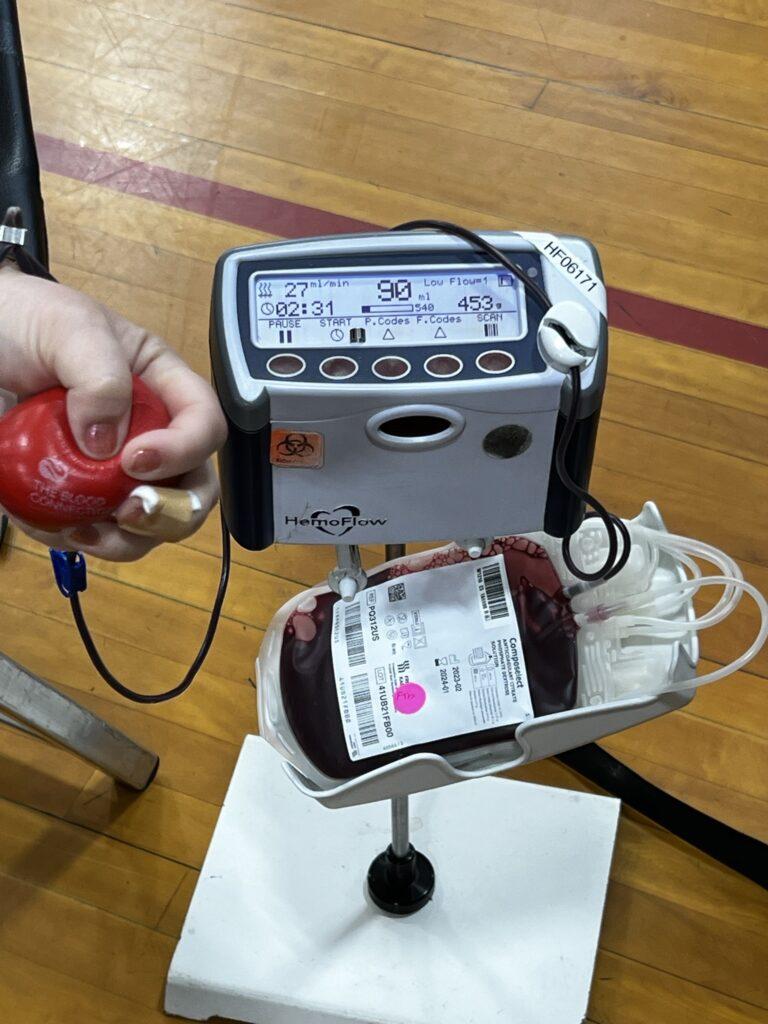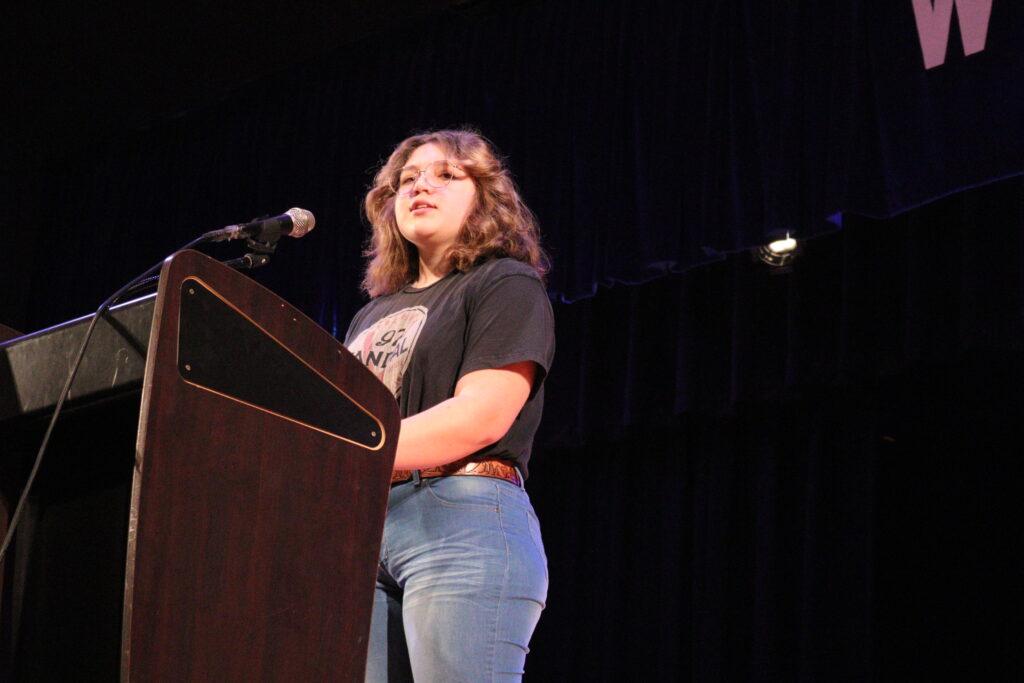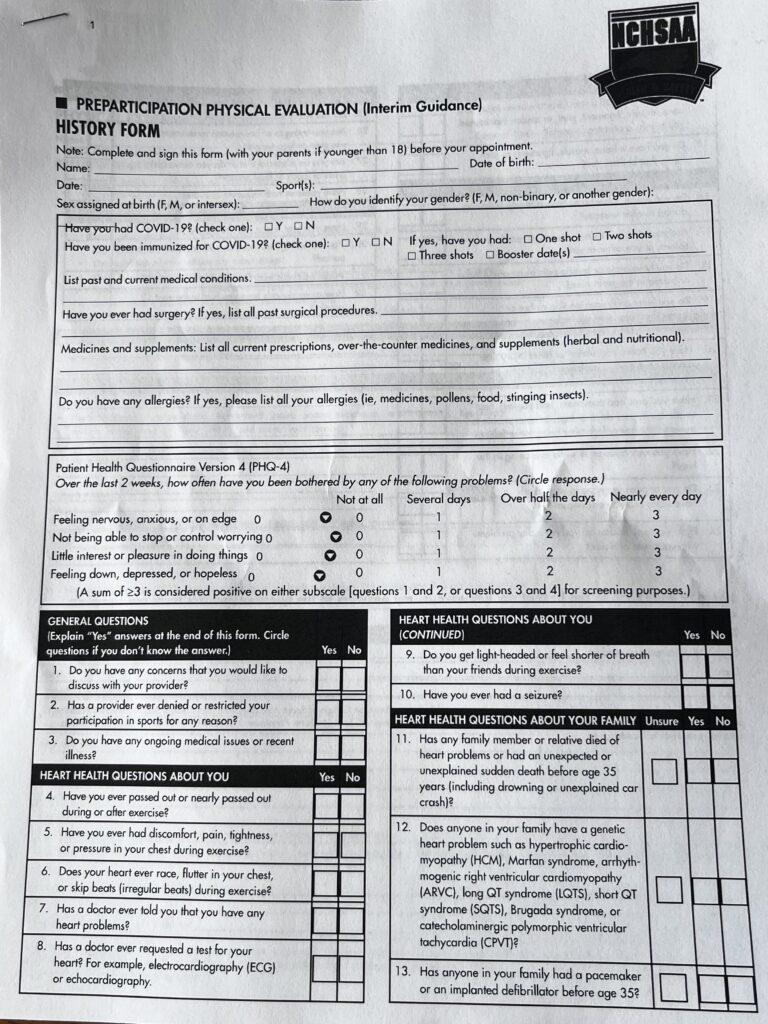The Free Application for Financial Student Aid, a critical part of the college application process, is about to change. It is a federal program that determines eligibility for grants and loans.
The Class of 2017 will be the first affected by the changes. For students graduating in 2016, there will be a financial aid meeting on Dec. 7 at 6 p.m. in the media center.
The changes affect what year’s tax returns students and their parents must use in completing the FAFSA. Students have traditionally had to wait until late January or February of their graduation year to complete the FAFSA. Beginning with the Class of 2017, students will be able to file the FAFSA as early as October of their senior year.
Kelly Littauer, mother of eight, has already had four of her children go through the FAFSA process.
“Because I’ve been doing this for so long, these changes will not help me as much because I can just use the same information,” Littauer said, “but for brand new parents these changes are amazing.”
Under the new guidelines, seniors will no longer have to wait until their parents or guardians file their income taxes. Applicants can use the already filed tax returns from the previous year.
“If the kids do not need to wait for Mom and Dad, then they can and should have the responsibility to get it done themselves,” Littauer said.
Senior counselor Anne Hafer is ready to prepare next year’s seniors for the changes.
“It will mean that you can do your FAFSA a lot earlier because you won’t have to wait for your parents to file their tax return before you can access the info,” Hafer said. “It will enable people to begin the financial aid process sooner, which should help them get financial aid.“
The application is now simplified and readily available for a wider range of people. There is also a change in the amount of grants awarded. The Pell Grant is the most common grant given to students by the government to pay for college. Grants do not have to be repaid.
“The (grant) money kind of runs out, so it’s like the first applicants get more money and the later you apply for financial aid, the less your chances of getting aid,” Hafer said. “I know it’s not fair, but that’s the way it works, so this way no one will be at a disadvantage if their parents are late in filing their taxes.”
By Emily Treadway













